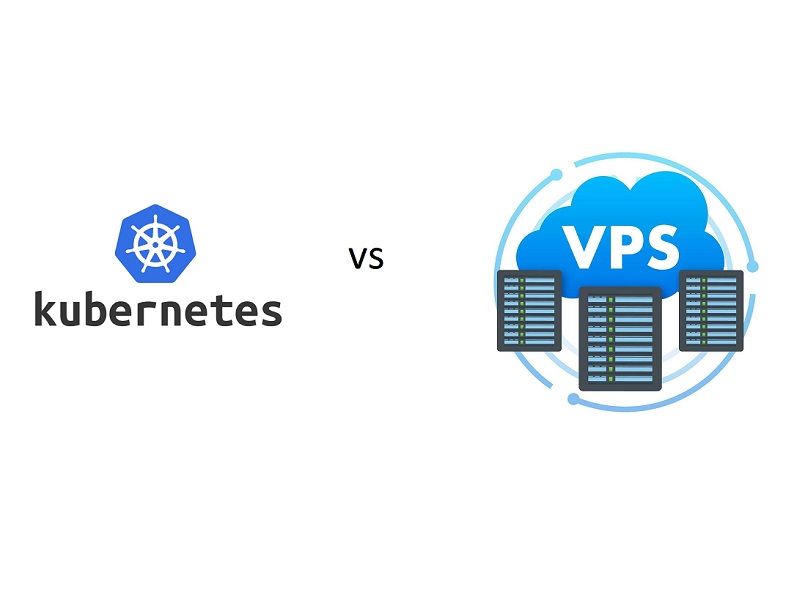When talking to new customers, we often get asked if we recommend putting web server and SQL server on the same VPS or separating them. There are some small fringe cases where it does make sense to put them together because of special communication needs, but for everyone else you should separate them. While it may initially seem simpler to host both on the same server, there are compelling reasons to keep them separate. In this blog post, we will explore five key benefits of maintaining your SQL server and web server on separate VPSs.
1. Tailored Resource Allocation
By hosting your servers on separate VPSs, you can tailor the resources of each server to meet its specific needs. For instance, a database server might require more RAM and storage, while a web server might benefit from faster CPUs. By decoupling your servers, you can fine-tune each one’s resource allocation to optimize its performance.
2. SQL Licensing
SQL Licensing is billed based on the cores allocated to the VPS server. If you have to allocate additional cores to also support a web server, this is unnecessarily increasing the cost of your SQL license. In the context of this post, we are talking about SQL licensing, but this could be any software license that is billed based on resources allocated.
3. Independent Scalability
One of the most compelling reasons to host your SQL server and web server on separate VPSs is the ability to independently scale each service based on its unique resource demands. If your website traffic spikes or if your database usage increases, you can adjust the resources allocated to the respective server without affecting the other. This flexibility allows for more efficient use of resources and ensures that each server can perform optimally under varying workloads.
4. Reduced Resource Competition
A shared VPS leads to shared resources. By splitting your servers, you eliminate the potential for resource competition. This separation allows each server to access its dedicated resources (CPU, RAM, and storage) without being affected by the demands of the other. As a result, your web server and SQL server can each operate at peak efficiency, providing a smoother, faster experience for end-users.
5. Minimized Security Risks
When you host your SQL server and web server on separate VPSs, you inherently decrease security risks. If a security vulnerability is found in one service, the impact is less likely to extend to the other service. This isolation means that even if your web server is compromised, your sensitive database information on the SQL server has an added layer of protection because it resides on a different VPS.
6. Avoiding Single Point of Failure
Hosting your web and SQL servers on the same VPS creates a single point of failure. If a problem occurs on the VPS, both your website and database could become unavailable. By using separate VPSs, you increase your fault tolerance; even if one server goes down, the other can continue to operate. This segregation reduces potential downtime and enhances the overall reliability of your services.
In conclusion, while hosting an SQL server and a web server on the same VPS might seem simpler and more cost-effective at first glance, the benefits of keeping them separate are significant. Independent scalability, minimized security risks, reduced resource competition, increased fault tolerance, and the ability to tailor resource allocation to each server’s needs are compelling reasons to consider this strategy.
Remember, there is no one-size-fits-all in server management and hosting decisions. Every case is unique and should be evaluated based on the specific needs and resources of the business. Nevertheless, understanding these benefits equips you with the knowledge to make an informed decision that aligns with your long-term goals and maximizes the efficiency and reliability of your services.


